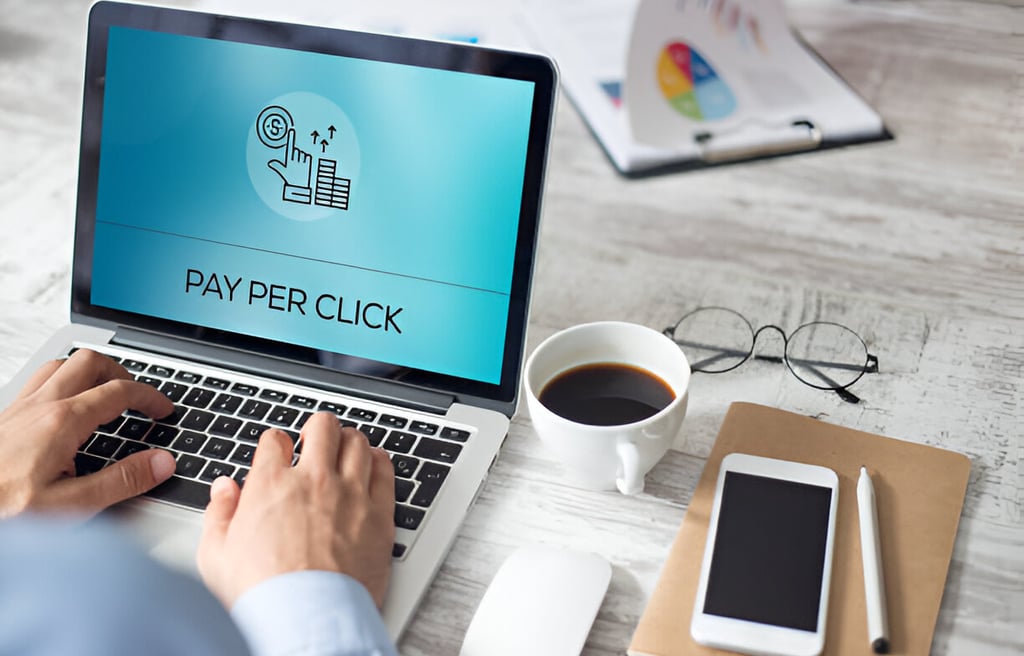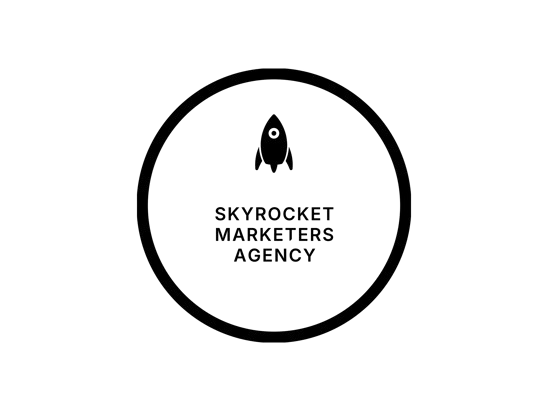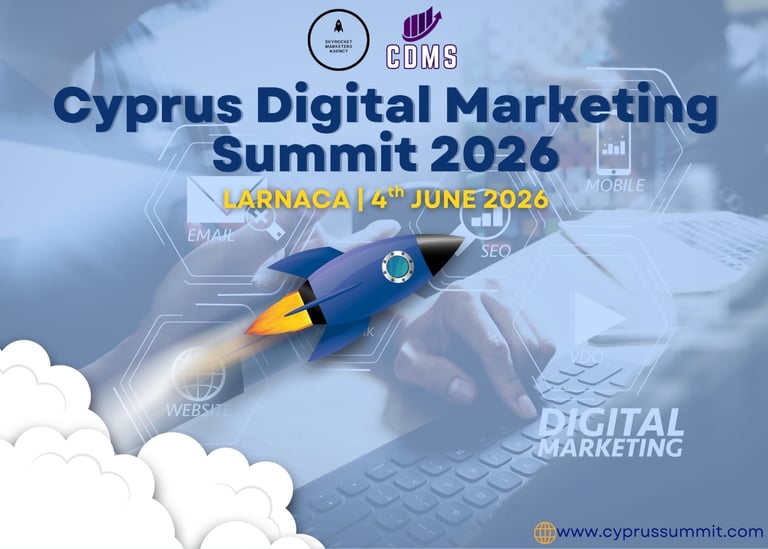Is PPC Worth It for Cyprus Startups? Pros and Cons
SEO
9/10/20254 min read


For a young startup in Cyprus, the question of how to gain visibility quickly is often one of the most pressing challenges. With limited resources, a small team, and the pressure to generate early traction, marketing choices can make the difference between steady growth and stagnation. Among the options available, pay-per-click advertising (PPC) often emerges as both an enticing and daunting possibility. On one hand, PPC offers the promise of immediate visibility on platforms like Google and social media, placing a new business in front of potential customers right away. On the other, it raises concerns about budget, sustainability, and long-term value. The debate over whether PPC is truly worth it for Cyprus startups reveals a nuanced picture, one where the advantages and drawbacks must be carefully balanced.
The appeal of PPC lies in its speed and precision. Unlike organic strategies such as search engine optimization, which can take months to yield results, PPC campaigns can deliver traffic within hours of being launched. For a startup that needs to make its presence known quickly, this speed is invaluable. Imagine a new fintech company in Nicosia trying to compete with established players. By running a targeted PPC campaign around terms like “Cyprus online payments” or “secure digital wallets,” the company can appear immediately alongside competitors and begin attracting potential users. This ability to leapfrog the usual waiting period for visibility is a strong incentive, particularly for startups operating in crowded industries.
PPC also offers a level of targeting that suits the needs of businesses with narrow audiences. A tech startup might want to reach only English-speaking professionals in Limassol, while a wellness brand may want to advertise specifically to tourists searching for spa services in Paphos. With PPC, these filters are not only possible but highly effective. Startups can define their audiences by geography, demographics, language, or even interests, ensuring that every euro spent is focused on the most promising leads. In a small market like Cyprus, where budgets are tight and efficiency matters, this precision provides an opportunity to make limited funds go further.
Yet the very strengths of PPC can also become sources of concern. One of the most common criticisms is cost. Because PPC operates on a bidding system, keywords that are in high demand can become expensive, driving up the price of each click. For startups competing in sectors like real estate, finance, or tourism, the cost of running campaigns can escalate quickly, leaving little room for experimentation. Without careful management, a startup may find that its budget is consumed rapidly with little to show in terms of meaningful conversions. In this way, PPC carries the risk of turning into a short-term fix rather than a sustainable growth strategy.
Another challenge is the learning curve. Running PPC effectively requires more than setting a budget and choosing keywords. It demands constant monitoring, testing, and optimization. Ads must be written with precision, landing pages need to be aligned with campaign goals, and data has to be analyzed to determine what is working and what is not. For startups already stretched thin, the time and expertise required to manage PPC campaigns properly can be overwhelming. Unless founders are willing to invest either in training or in hiring skilled marketers, the results may fall short of expectations.
Moreover, PPC does not exist in isolation. A click alone does not guarantee a customer. If the website a user lands on is poorly designed, slow to load, or unconvincing, the money spent on attracting that click is wasted. For startups in Cyprus, this highlights the importance of ensuring that digital infrastructure—from websites to customer support—is ready to convert traffic into tangible outcomes. Otherwise, PPC risks becoming a costly exercise in visibility without substance.
On the other side of the equation, PPC can serve as an excellent tool for testing markets and refining strategies. Startups often operate in uncertainty, unsure which products, services, or messages will resonate most with their audiences. PPC provides data almost immediately, showing which keywords generate the most clicks, which demographics engage most actively, and which regions respond best. This feedback can shape broader marketing strategies, product development, and even business models. For a startup unsure of its direction, PPC becomes less about immediate sales and more about invaluable insight into customer behavior.
The question of whether PPC is worth it for Cyprus startups ultimately comes down to context. For a startup with a modest budget and no clear understanding of its market, jumping into PPC without preparation can be risky. The costs can spiral, and the lack of infrastructure to convert leads can leave founders frustrated. Yet for startups that approach PPC strategically—those that define their goals, manage their budgets tightly, and use the platform as a learning tool—the benefits can be transformative. It can provide the early visibility needed to break into the market, the precision targeting to make limited funds effective, and the insights to refine future strategies.
In many ways, PPC reflects the nature of the startup journey itself. It is fast, demanding, and filled with both opportunities and pitfalls. For Cyprus startups, the decision to embrace it should not be taken lightly, but neither should it be dismissed out of fear. With planning, discipline, and a clear vision, PPC can be more than just a line item in a marketing budget; it can be a catalyst for growth in an increasingly competitive digital landscape.
Contact
info@skyrocketmarketers.com
+357 96166570
2026 Skyrocket Marketers © All Rights Reserved.
Limassol Office
Victory House, Arch. Makarios III Avenue 205, Limassol, 3030
Nicosia Office
Digenis Ave 81-83 Grivas 1st, 5th Floors, Nicosia, 1090
Useful Links
Top Digital Marketing Agencies For Financial Services
Everneed AI Receives AI Software Recognition
GURU OF THE DAY: Web Design Award
King Of The Day: Web Design Award
Cyprus Digital Marketing Summit 2026
Cyprus Videographer/Photographer


NEWSLETTER
EVERNEED AI LTD


